Welcome
I started this blog in 2013 to share my reflections on reading, writing and psychology, along with my journey to become a published novelist. I soon graduated to about twenty book reviews a month and a weekly 99-word story. Ten years later, I've transferred my writing / publication updates to my new website but will continue here with occasional reviews and flash fiction pieces, and maybe the odd personal post.
|
My final two reviews of 2022 are tenuously linked by being set in closed communities in which unempathic people hold vulnerable creatures in their power. I refer to creatures less because the staff of the nightmare care home in the first novel don’t seem to regard their charges as human and more because the inmates of the second – where the compassion of the lowliest employee almost compensates for the attitude of her senior colleagues – are dolphins.
8 Comments
Here are two recent reads about a woman’s experience of serious illness and associated treatments and surgeries. The first is a translated novella and the second a chunky mélange of memoir, popular psychology and self-help. But, genre aside, what distinguishes them is their tone: the first, distant and matter-of-fact; the second, unashamedly emotional. See which you prefer.
I’ve shed more tears than usual in the past few months. Shall I tell you what helped me most? It wasn’t reminders of the many good things in my life. It wasn’t unfounded assurances things would turn out fine. What helped most was a straightforward acknowledgement of my feelings and that I had every right to grieve.
When I selected these books for my first reviews of 2022, I thought all they shared was their UK publication date of January 6th. I was wrong. Both are unconventionally structured novels by and about migrants, from the Indian subcontinent, to rich countries founded on the genocide of their indigenous populations, where truth is sometimes sacrificed on the altar of populist politics and the realities of racism and the climate crisis denied. Read on for the different ways these authors handled their theme.
As these might be the only non-fiction books I read this year, I was keen to link them. So following on from two novels about dislocation, I’m delighted to share reviews about the opposite. Unfortunately I got myself lost in the first, aimed at readers with a more solid grounding in Greek and Roman antiquities, but managed to navigate better through the second, which is about literally and metaphorically finding and losing our way.
Although these two historical novels are very different, both sparked some deep reflection about the workings of the human mind, and especially how our reasoning and problem-solving is influenced by beliefs and assumptions which, in turn, are shaped by the times and cultures in which we live. Both are set primarily in mainland Europe – the first in the seventeenth century and the second towards the end of the nineteenth century and the beginning of the twentieth – and feature – predominantly in the first and latterly in the second – countries ravaged by war.
Having begun the year’s reviews with a Kindle catch-up, including a couple of single-author collections, my attention was drawn to another couple of multi-author short-story anthologies waiting on my physical shelf. I don’t know why I’d neglected them. Perhaps because anthologies are harder than novels to review? Whatever reason, I’ve finally read them. Enjoyed them. And now I’m here to tell you why.
Amid the painful aftermath of the UK ‘people’ voting in our pig in a poke, I had reason to remind myself of the literature on the cognitive advantages biculturalism. While I doubt our new PM possesses the skills or intellect to unite an increasingly polarised country – or even the desire, whatever might spout from his mouth – it’s essential if we’re to avoid civil war as we helter-skelter into economic and climactic ruin. So, although neither of these very disparate novels is primarily about straddling two cultures, I make no apologies for linking them via this theme.
Two novels featuring mothers who leave a child/children when they’re still quite young, following the implications over several years. In the first, the narrator doesn’t know why his mother has disappeared, or even whether she’s still alive, and claims not to miss her as his older sister fills the gap where the mother belongs. The second is a dual narrative from the perspective of both mother and daughter as each suffers, in different ways, from the mother’s decision to leave Jamaica for New York. The theme gives me an excuse to sound off about attachment and share some of my own fiction, including a new 99-word story.
[1] Leaving me and many others feeling homeless inside.
[2] Is that relevant, Anne? It is if she considered that a stamp of her morality, then went on to railroad through an agenda even she didn't want, having voted Remain. [3] Or London did, in the Grenfell tower [4] See Humbled Theresa puhleeeassse [5]AKA a fascist plot to demoralise the Left
|
entertaining fiction about identity, mental health and social justice
Annecdotal is where real life brushes up against the fictional.
Annecdotist is the blogging persona of Anne Goodwin:
reader, writer, slug-slayer, tramper of moors, recovering psychologist, struggling soprano, author of three fiction books. LATEST POSTS HERE
I don't post to a schedule, but average around ten reviews a month (see here for an alphabetical list), some linked to a weekly flash fiction, plus posts on my WIPs and published books. Your comments are welcome any time any where. Get new posts direct to your inbox ...
or click here …
Popular posts
Categories/Tags
All
Archives
March 2024
BLOGGING COMMUNITIES
|
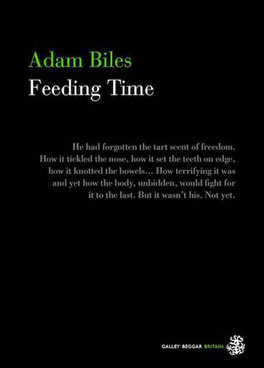
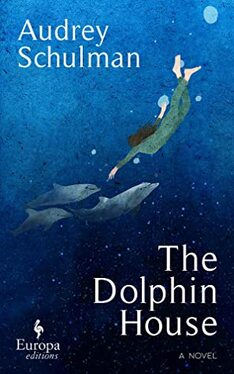
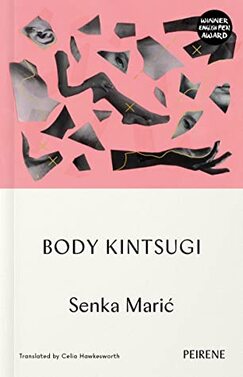
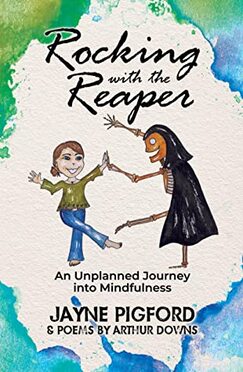
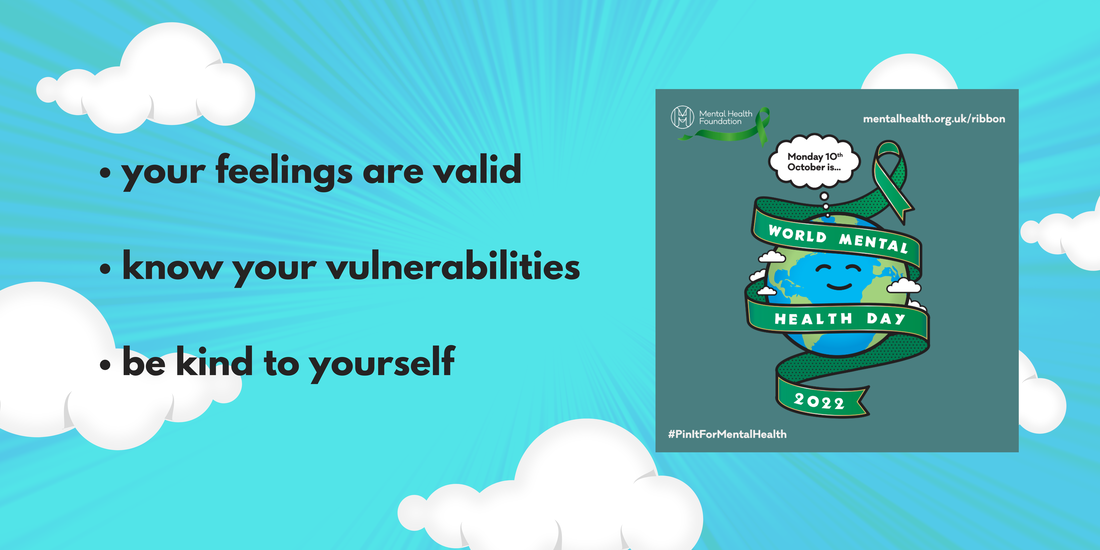
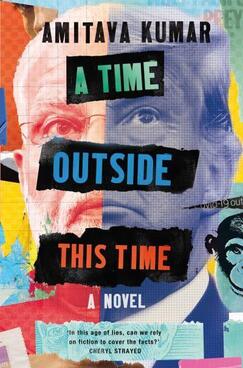
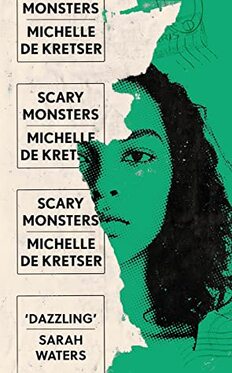

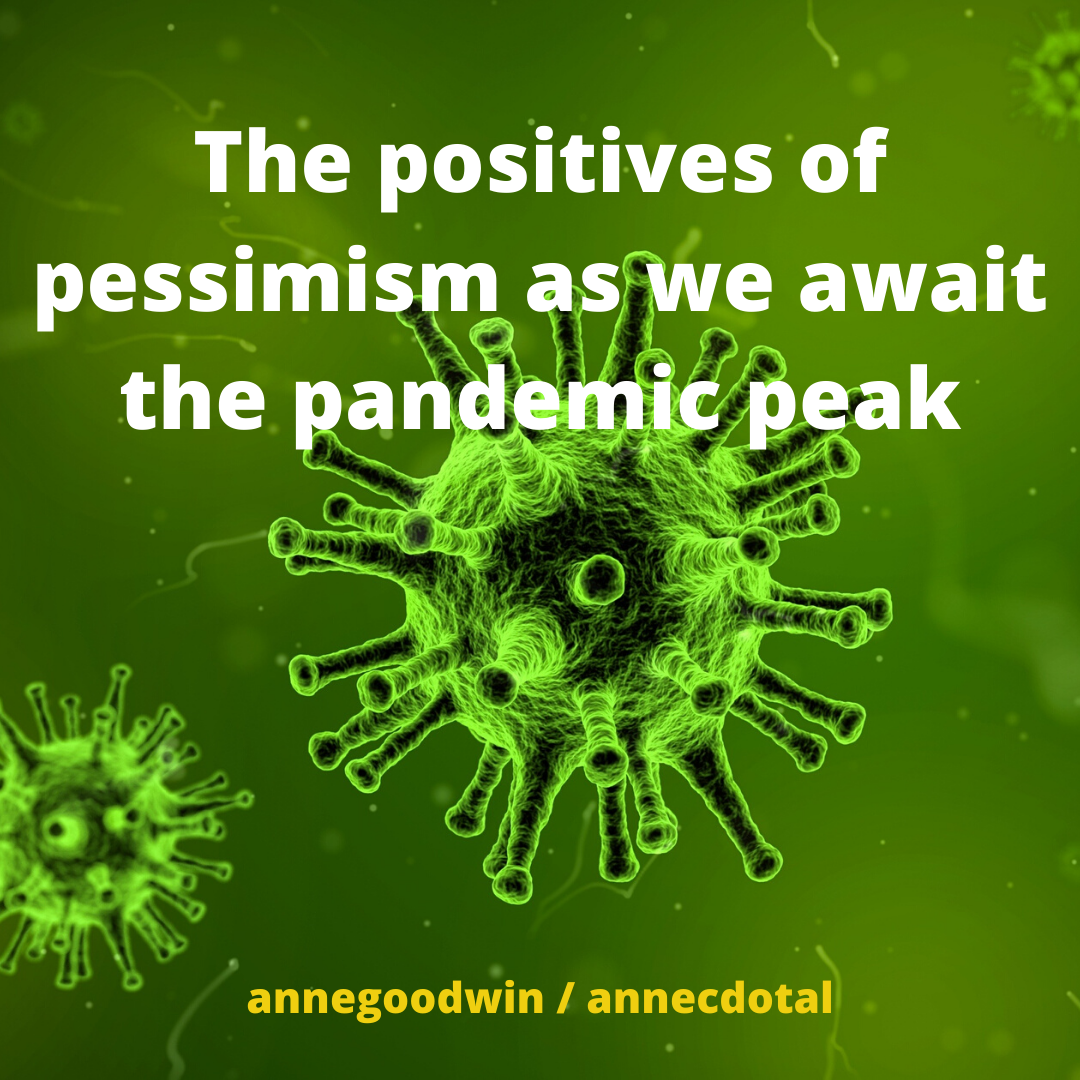
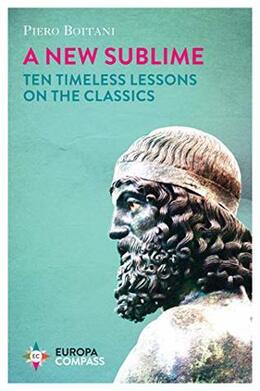
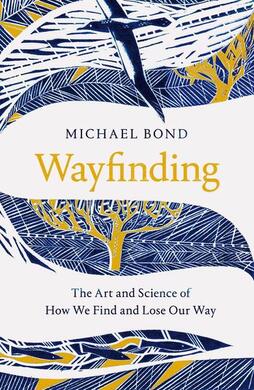
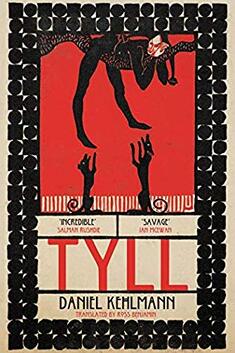
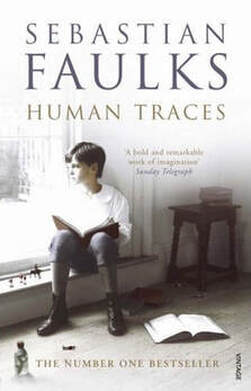
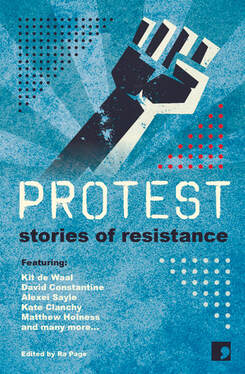
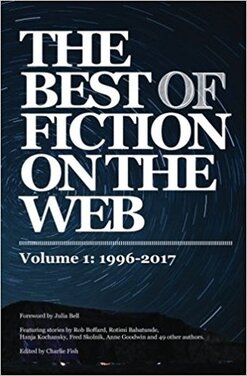

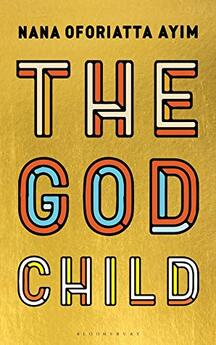

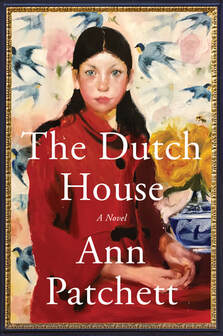
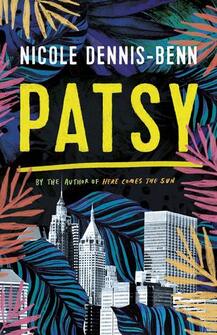
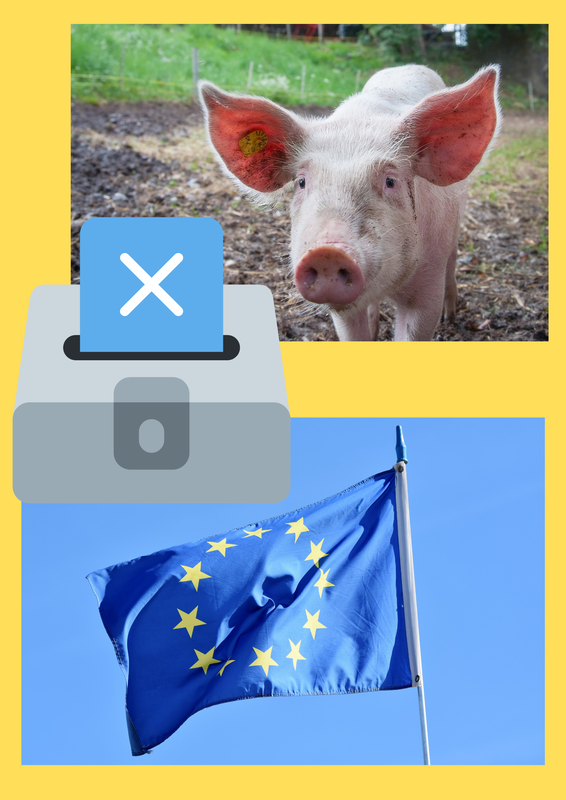

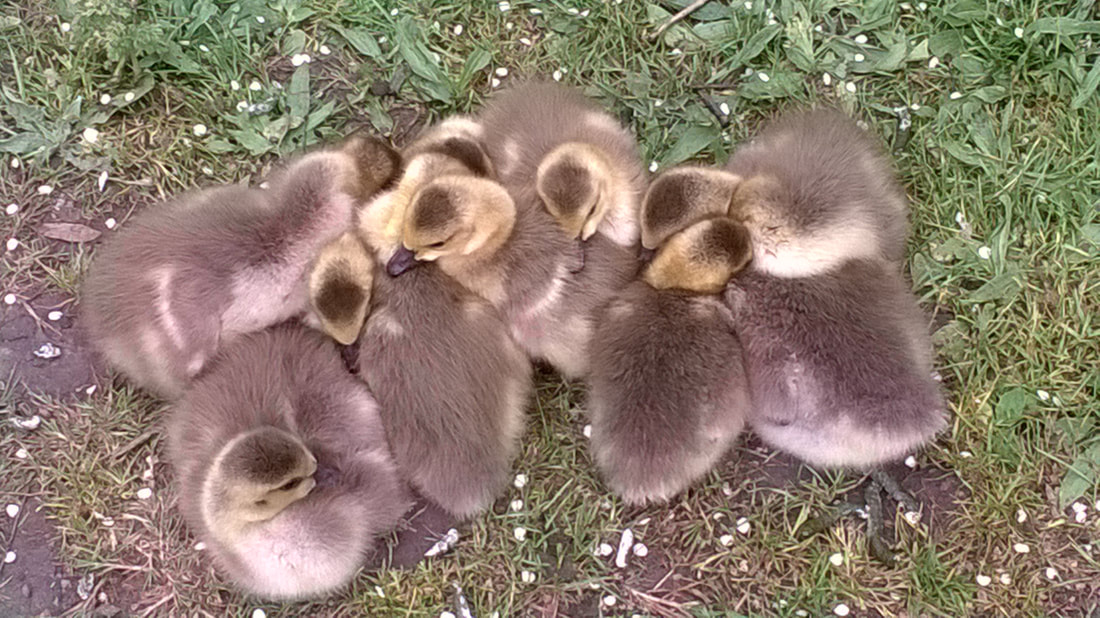
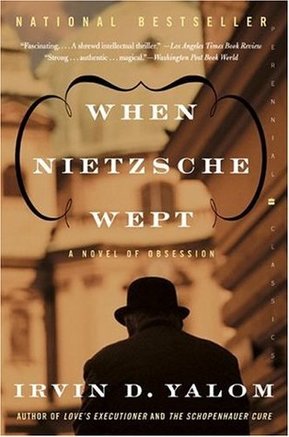
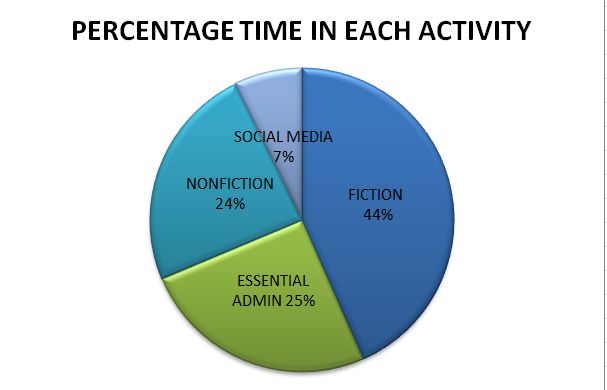
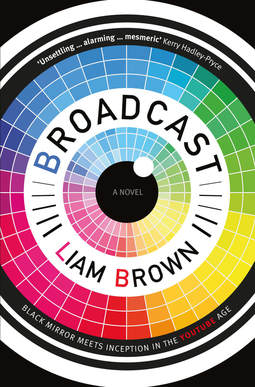
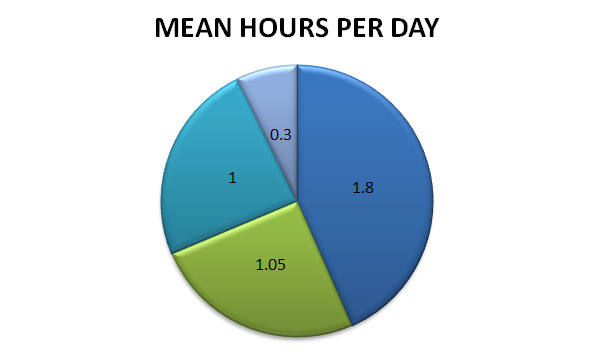
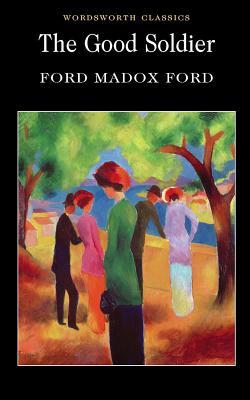
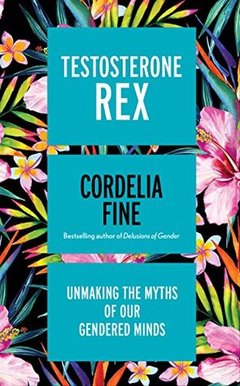

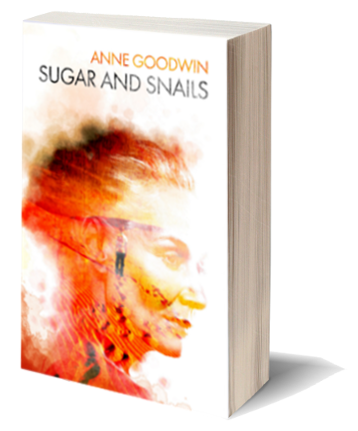
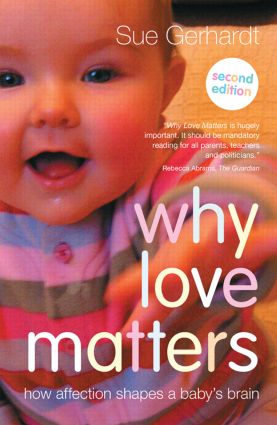
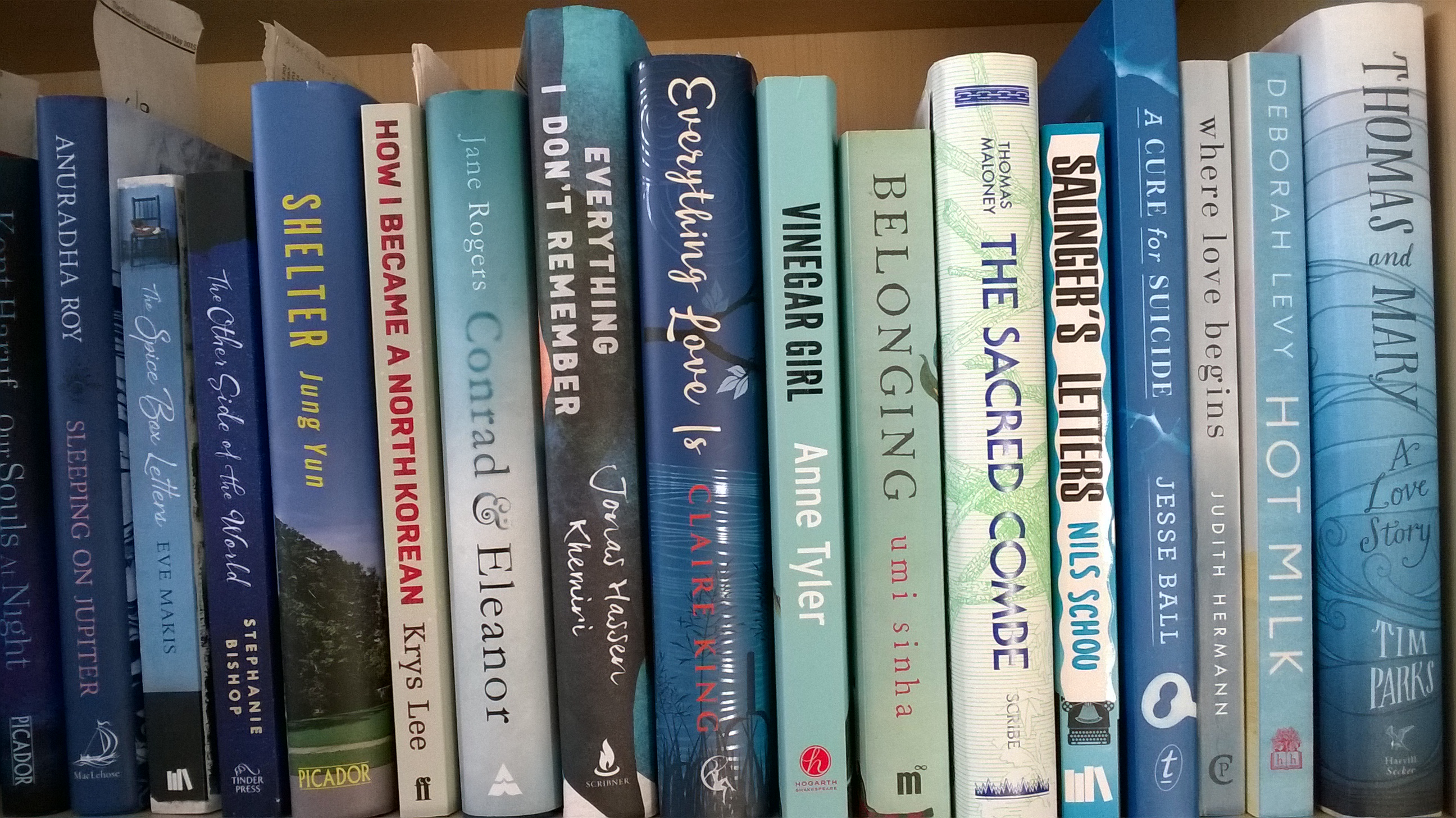





















 RSS Feed
RSS Feed





















